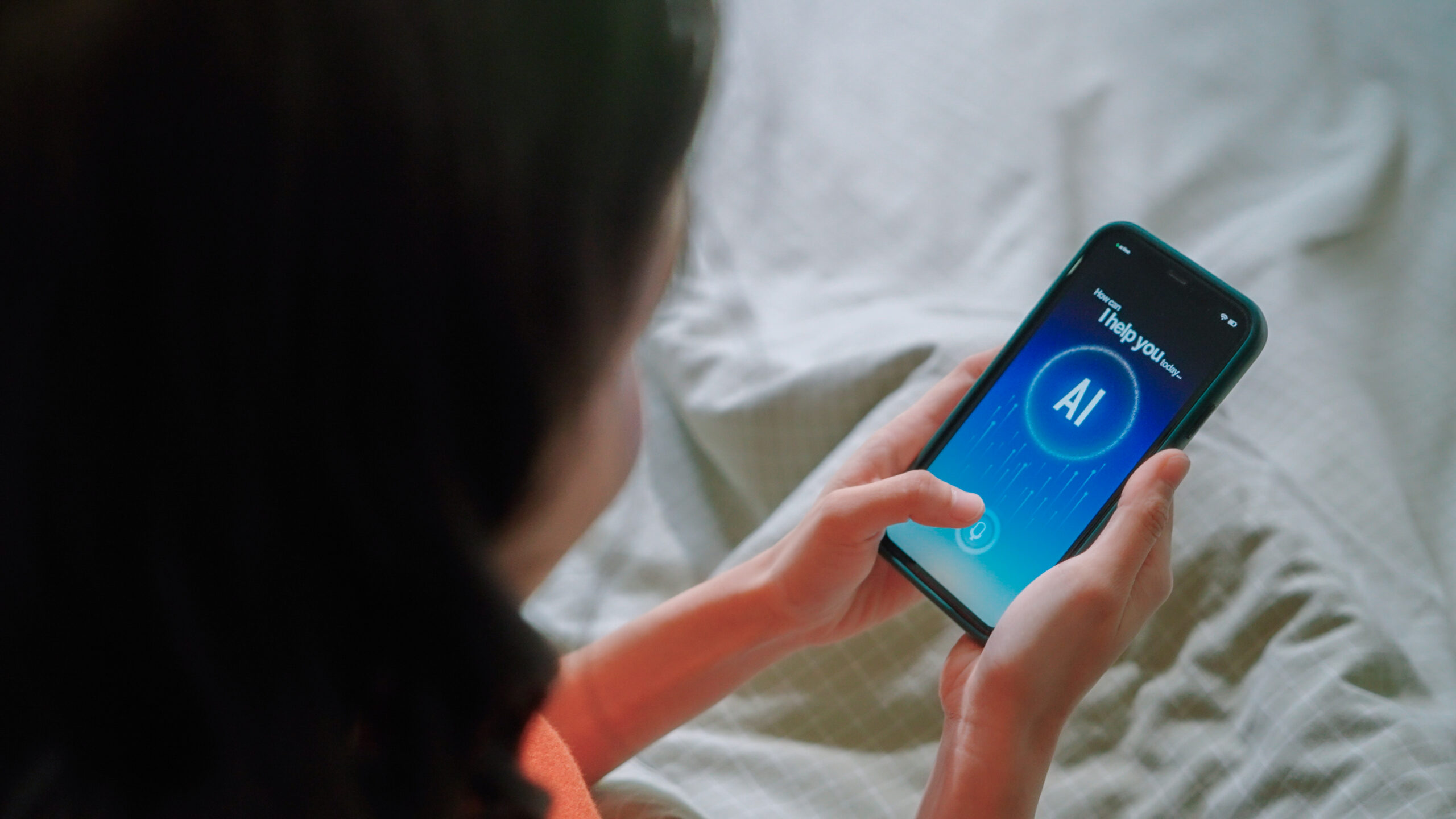The Hidden Dangers of Using AI as a Therapist

The Rise of AI in Mental Health Conversations
AI-powered platforms like ChatGPT and other chatbots are everywhere. They’re used for research, work tasks, creative projects—and increasingly, people are turning to them when they feel anxious, lonely or overwhelmed. For someone afraid to open up to a therapist, talking to a program that’s available 24/7 may seem comforting.
But here’s the reality: AI is not a therapist. It cannot provide safe, accurate or personalized treatment for mental health struggles. And for those already battling substance use, depression or trauma, relying on AI instead of professional help can make things worse.
What People Are Seeking “Therapy” for With AI
Many people turn to AI out of convenience, affordability or privacy concerns. The most common reasons include:
- Loneliness and isolation – Using AI as a substitute for companionship or social connection
- Relationship struggles – Asking for advice on conflict, breakups or family stress
- Anxiety and depression – Looking for reassurance or coping tools without seeing a professional
- Addiction struggles – Using AI to “talk through” cravings, guilt or relapse fears
- Trauma and intrusive thoughts – Seeking a place to “vent” painful experiences without judgment
- Crisis moments – Turning to AI when suicidal thoughts or overwhelming emotions arise, instead of contacting a trained crisis line
The problem is that AI can generate sympathetic language but cannot provide actual safety planning, therapy or accountability. What feels like “help” is often just a temporary distraction and sometimes it can worsen symptoms.
Why AI Can’t Replace a Licensed Therapist
Artificial intelligence might generate language that sounds supportive, but it doesn’t actually understand human emotions or context. Unlike a trained therapist, AI cannot evaluate risk, identify warning signs, or adapt treatment to someone’s history.
The main risks include:
- No crisis intervention: If you share thoughts of self-harm or psychosis, AI cannot step in to ensure your safety.
- Generic responses: AI pulls from patterns in data, not lived expertise, which means advice may feel shallow or even inaccurate.
- Unvalidated methods: Licensed therapists use proven modalities like CBT, ACT and trauma-informed care. AI offers no clinical guarantee.
- Potential harm: Without understanding nuance, AI might unintentionally reinforce paranoia, shame or negative thinking.
Therapy isn’t just about listening it’s about healing, accountability and structured growth. That’s something only trained humans can provide.
The Risks for People Struggling with Addiction
Addiction and mental health issues often feed off each other. Many people turn to substances like alcohol, opioids or kratom to cope with stress, only to find themselves trapped in cycles of dependency.
In these situations, trying to use AI as a form of “self-therapy” can be especially harmful:
- Fueling isolation: Instead of reaching out to a support group, someone may withdraw further into technology.
- Delaying treatment: Believing AI is “enough” might keep a person from seeking professional help.
- Worsening symptoms: Without real therapeutic tools, stress, cravings and intrusive thoughts may spiral.
And perhaps the most dangerous risk psychosis.
When “Help” Backfires: Understanding Psychosis
Psychosis is a mental health condition where someone loses touch with reality. It can include hallucinations, paranoia or disorganized thinking.
Substance abuse is a known risk factor for psychosis, particularly stimulants, hallucinogens, cannabis and kratom. Even in sobriety, those with a history of substance use may remain vulnerable. Triggers like lack of sleep, extreme stress or trauma reminders can bring on symptoms.
If someone in this fragile state turns to AI instead of professional care, the risks escalate:
- Reinforcement of paranoia: If AI outputs generic or confusing responses, a person in distress may misinterpret them.
- No emergency response: AI cannot call for help if psychosis worsens.
- False sense of security: Thinking “I have support” may prevent someone from seeking the crisis intervention they need.
In short, AI doesn’t just fail to help it may unintentionally contribute to worsening mental health.
Why Professional Care Is Essential
Licensed therapists and treatment programs provide what AI cannot:
- Evidence-based therapies like ACT, CBT and trauma-informed care
- Medication management when appropriate
- Real-time intervention in crisis moments
- Accountability and progress monitoring
- Human connection—something irreplaceable in recovery
At Silver Ridge in North Carolina, clients receive compassionate, professional care in a safe and supportive environment. Our coed programs are designed to meet the unique needs of each individual, blending clinical expertise with holistic therapies to support emotional, physical and spiritual healing.
Beyond the Screen: Choosing Human Healing
AI may be a powerful tool for information, but it is not a lifeline for recovery. For people struggling with addiction, depression or trauma, relying on AI as a “therapist” is not only ineffective it can be dangerous.
Recovery requires more than algorithms. It requires trust, connection and compassion—qualities only human beings can provide.
At Silver Ridge, we help individuals move beyond the isolation and numbness of addiction and mental health struggles, guiding them toward authentic connection and lasting recovery. If you or someone you love is struggling, don’t settle for a machine’s response. Reach out for real help today.







